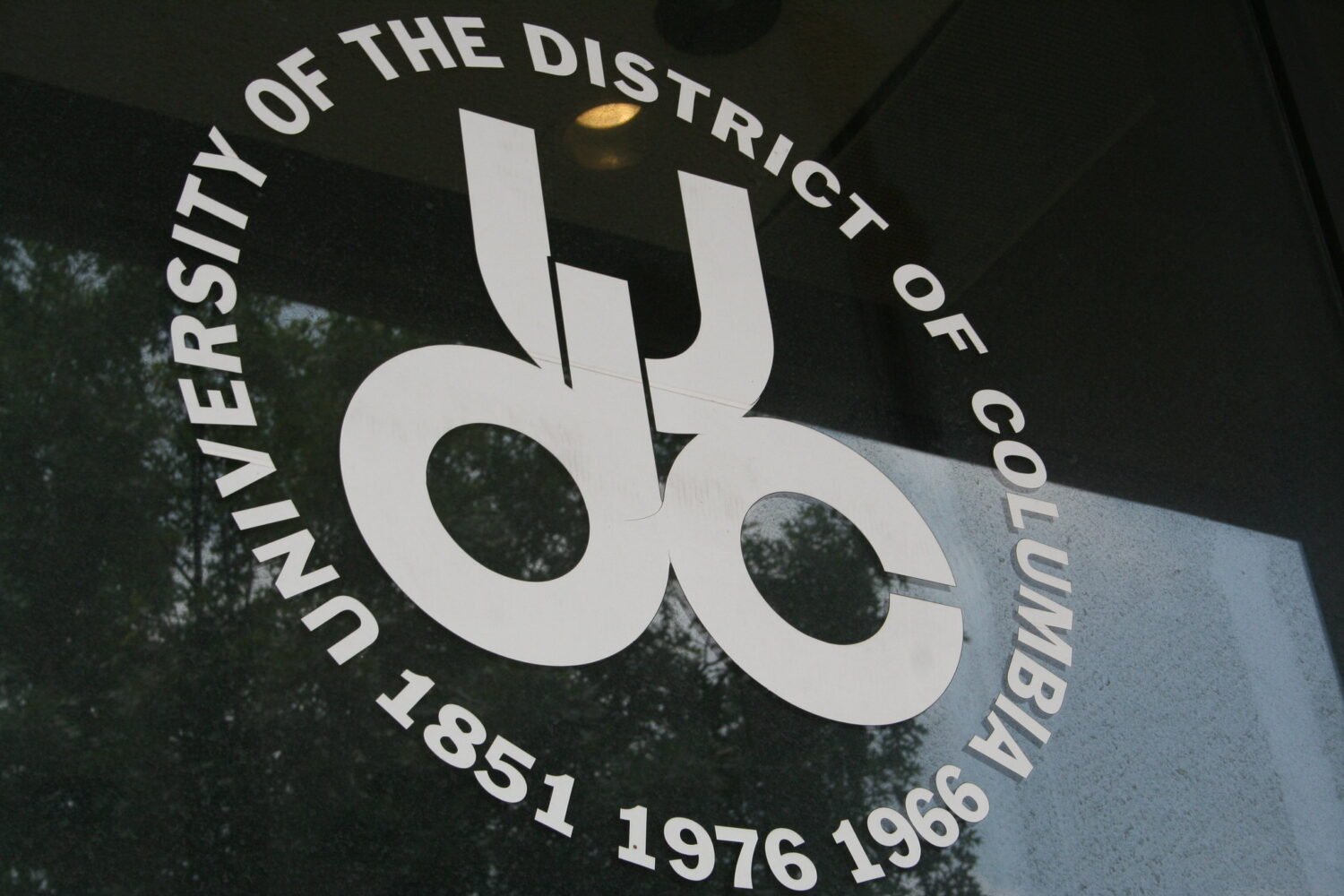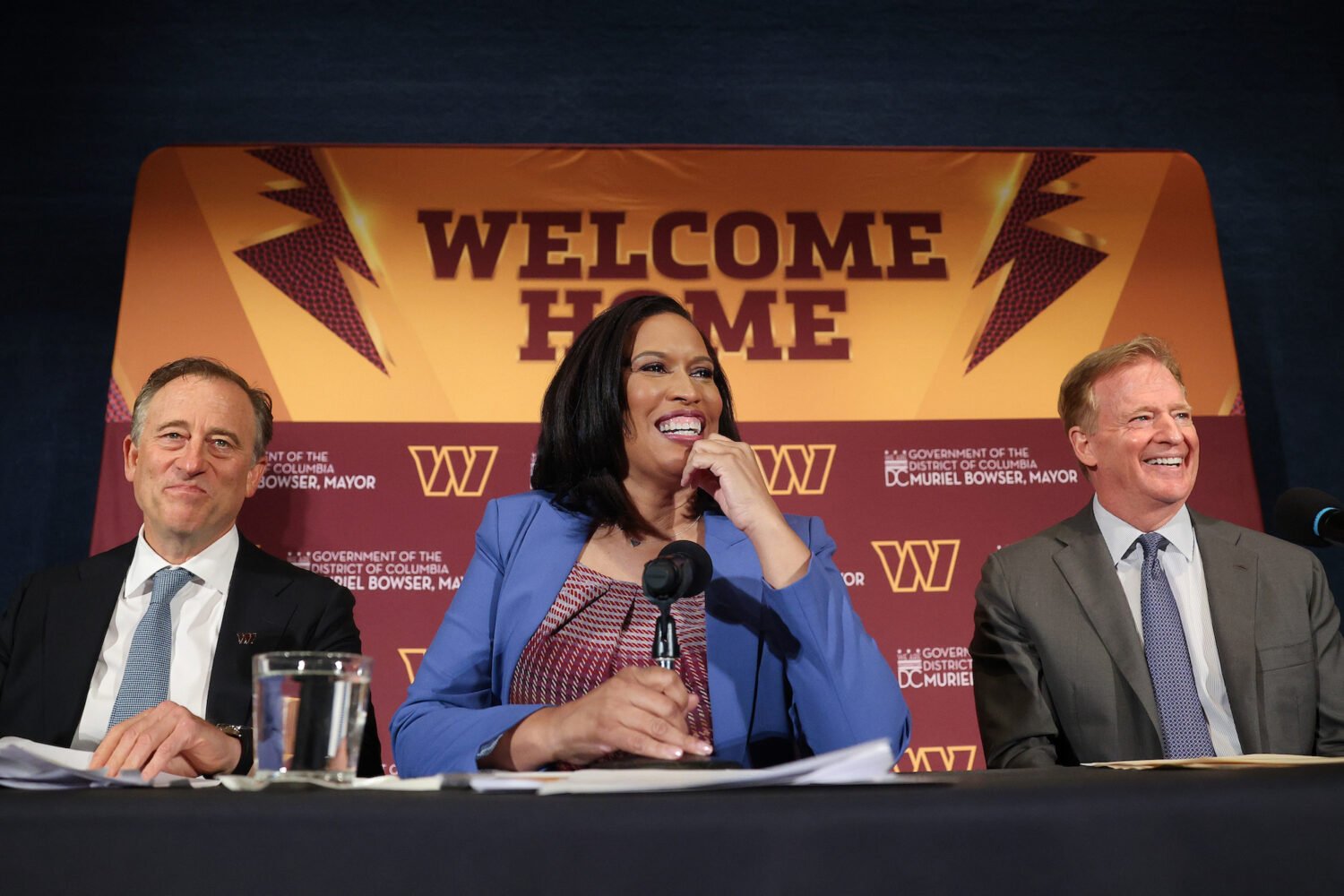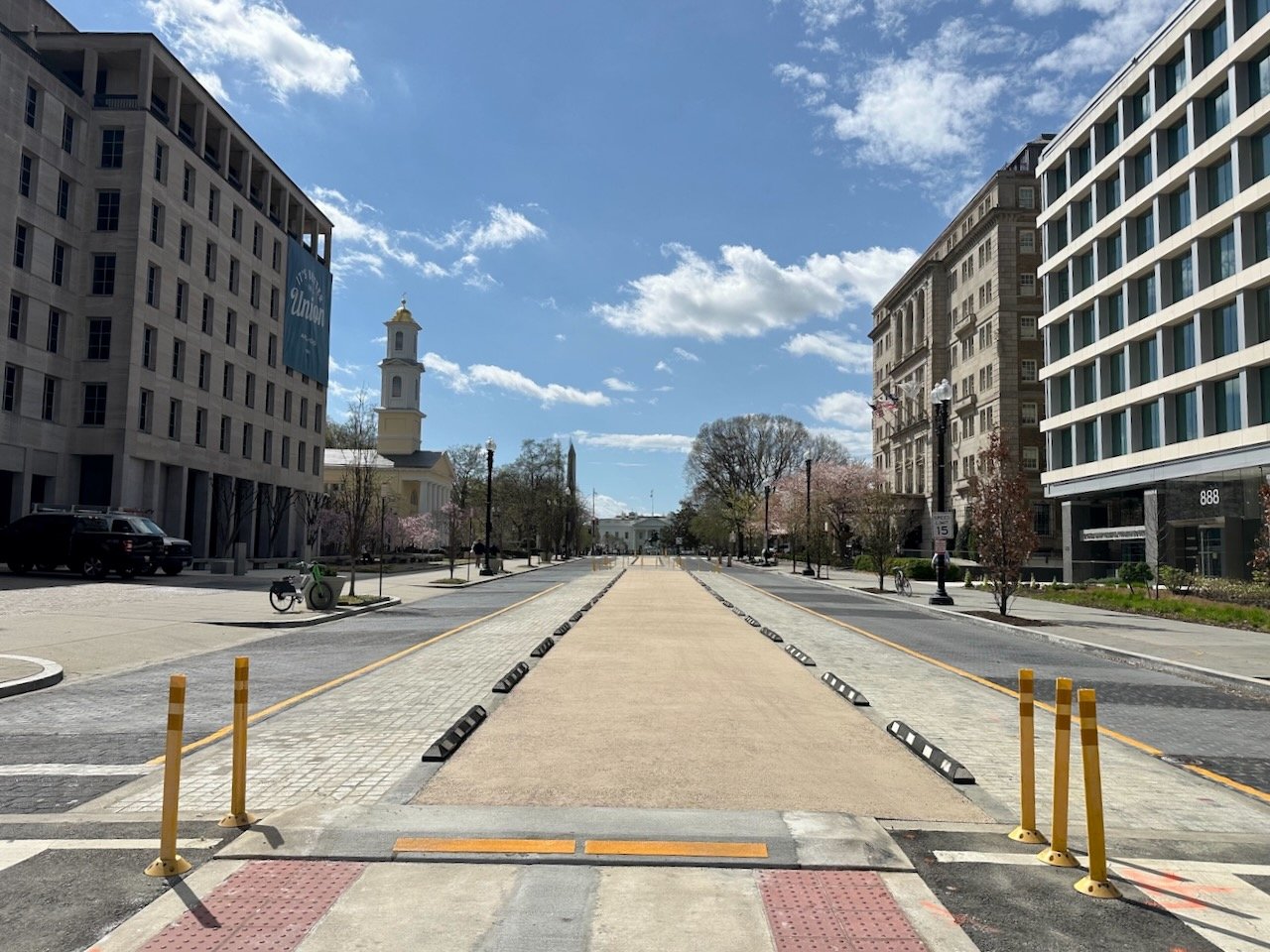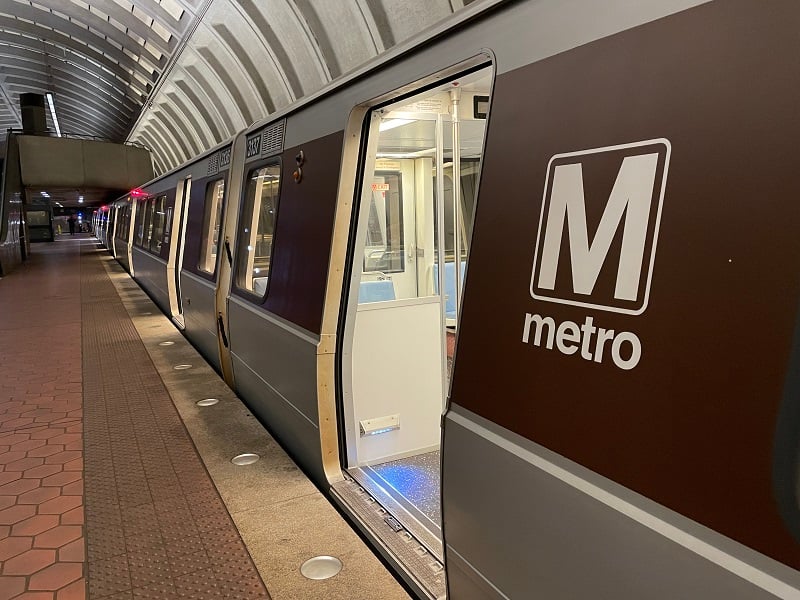Last night, DC Mayor Muriel Bowser announced a 15-day extension of the public emergency order enacted yesterday in light of the insurrection at the Capitol. Citing “First Amendment protests turned violent,” the extension warns that “President Trump continues to fan rage and violence by contending that the Presidential election was invalid. Persons are dissatisfied with judicial rulings and the findings of State Boards of Elections, and some persons can be expected to continue their violent protests through the inauguration.”
There are some pretty serious powers allowed through this order, among them the capacity for city officials to shut off public utilities and to order the evacuation of residents (all of the measures allowed by the order can be found here). But just because those acts are permitted doesn’t mean they’ll be employed—they’re more of a safeguard in case things go really wrong.
At a press conference today, Bowser said Washingtonians should “go about living their lives” and sign up for the city’s emergency alert system. Any kind of curfew, business closure, or public transit closure will be decided on a daily basis according to threat levels in the city, and residents will be notified a few hours in advance via that alert system and press briefings. Bowser said it was unlikely any kind of curfew or other action would need to be taken today.
While many of those who came to wreak havoc on the city are heading back to their home states, there are reported plans for a similar march on Inauguration Day in an attempt to keep Biden from entering the White House.



















